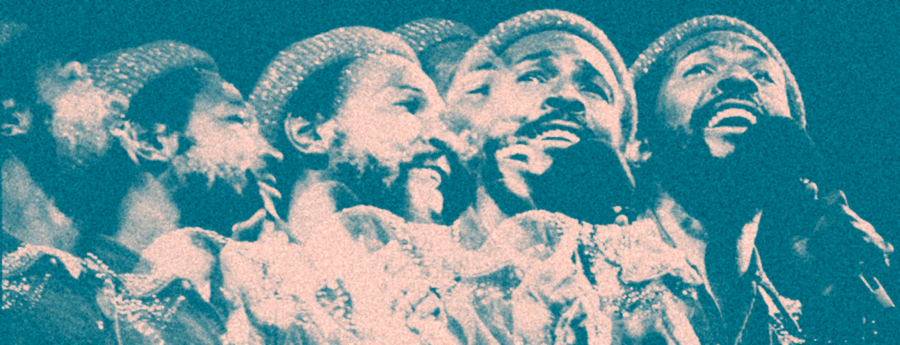
It’s finally over, but this probably won’t be the last post about it. Via Forbes:
The five-year copyright battle surrounding the popular single “Blurred Lines” finally ended this week with a judgment of nearly $5 million against artists Robin Thicke and Pharrell Williams. Marvin Gaye’s family had accused the duo of infringing Gaye’s 1977 song “Got to Give It Up.” California Judge John A. Kronstadt’s final ruling, which entitles the Gaye family to half of all royalties to the song moving forward, effectively puts an end to the highly publicized lawsuit. […]
Thicke and Pharrell … failed to petition the U.S. Supreme Court for a writ of certiorari by the applicable deadline. As a result, the judgment has been entered against them, and the case is now effectively closed.
The controversial “Blurred Lines” copyright infringement case is officially precedent. If there’s any silver lining for Thicke & co., it’s that the Marvin Gaye estate only gets 50% of future royalties. I’m surprised they didn’t get 100% (which is not out-of-bounds in infringement rulings).
In the end, the most interesting court case related to this ruling won’t be the “Blurred Lines” affair but what ends up being the first similar high-profile copyright lawsuit to follow. Who will it be? Led Zeppelin vs. Greta Van Fleet? The Fall vs. Pavement? The Bob Marley estate vs. every contemporary reggae artist?
I kid. But the test will be how far someone wants to take this precedent. In an age when there’s a lawsuit over the lyric “haters gonna hate,” you can bet the limits of the ruling will get tested sooner than later. I’m not even sure how a jury could reach a sensible conclusion, as similarity in style is arguably subjective. I have a mental image of a bunch of stoners sitting around a turntable, and one says, “man, this sounds just like The Piper at the Gates of Dawn,” and everyone agrees.
There’s a fine explainer in The Vulture with copyright expert Jeff Peretz:
… the issue at stake in this case is the “how,” not the “what” — in other words, how the song is presented. Pharrell admittedly set out to create a “party” song in the style of “GTGIU” knowing full well it was within the legal boundaries to do so. He, in essence, walked right up to the legal line but made sure not to cross it. What the original decision did was move the line. By letting it stand in appeal, Judge Milan D. Smith Jr., who wrote the majority opinion, has literally changed the rules. But if the difference between “what” and “how” were properly explained to the jury the first time around, this never would have gotten this far.
Law professor Edward Lee argues in Billboard that the “Blurred Lines” sonic homage to Marvin Gaye could have fallen under ‘fair use:’
I’m not sure which account best explains what happened. But the jury believed Pharrell and Thicke copied from “Got to Give It Up,” and hence the verdict. What would have happened if Pharrell and Thicke invoked fair use and told the jury that they borrowed a small part of the ’70s groove from Gaye’s song, but gave it new meaning, a different character and new expression in a modern pop, dance song fitting today’s tastes? Surely, no one would mistake “Blurred Lines” for a song from the ’70s — it has a much different character. Of course, the jury might have rejected that defense as well, but fair use fits better with Thicke’s original explanation in GQ that the duo intended to borrow the groove of “Got to Give It Up” in creating their new song. Moreover, having the jury or court balance the factors of fair use provides a more nuanced and realistic assessment of the competing interests at stake than the simple test of infringement does.
He adds: “The music world needs a clear decision applying fair use to a non-parody musical work. Without it, copyright lawsuits will only increase.” It’s no surprise that I agree. The democratization of distribution, in turn making almost every artist work available to the public, is leading to an overflow and breakdown of copyright litigation. No artist creates in a vacuum, and if we want to continue to creatively ‘Steal LIke An Artist,’ then something’s got to give.
[…] couple of days ago I examined the “Blurred Lines” decision, potentially allowing lawsuits against artists who acknowledge and transmit their influences ‘too […]